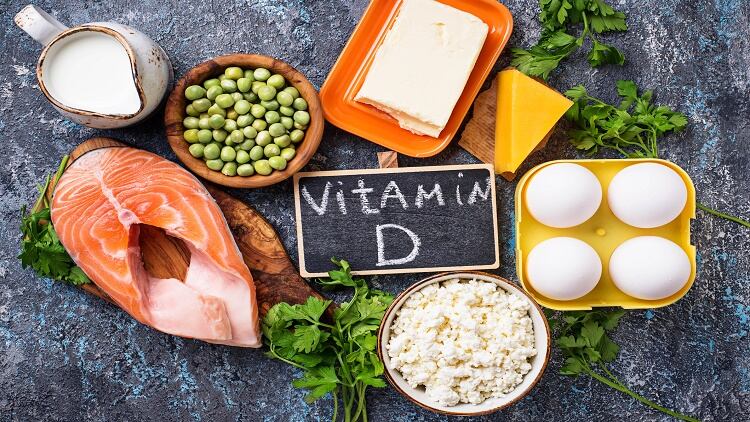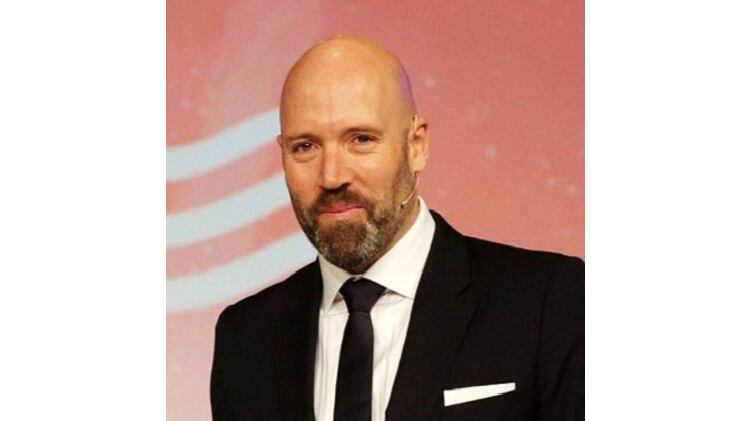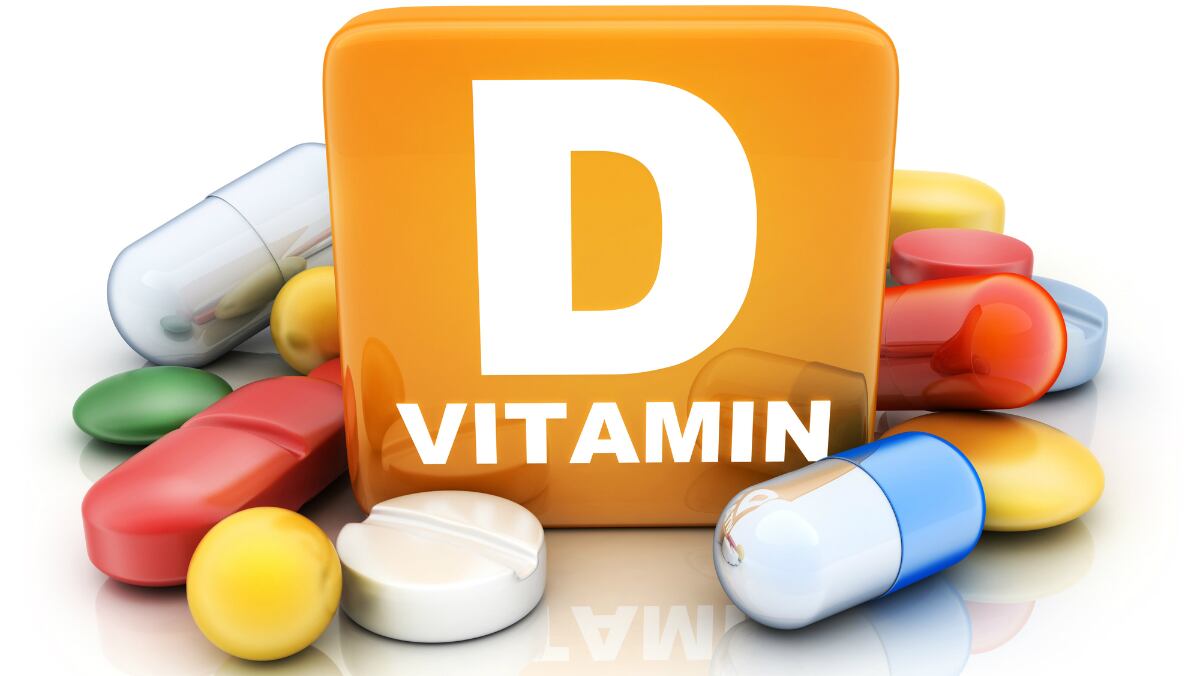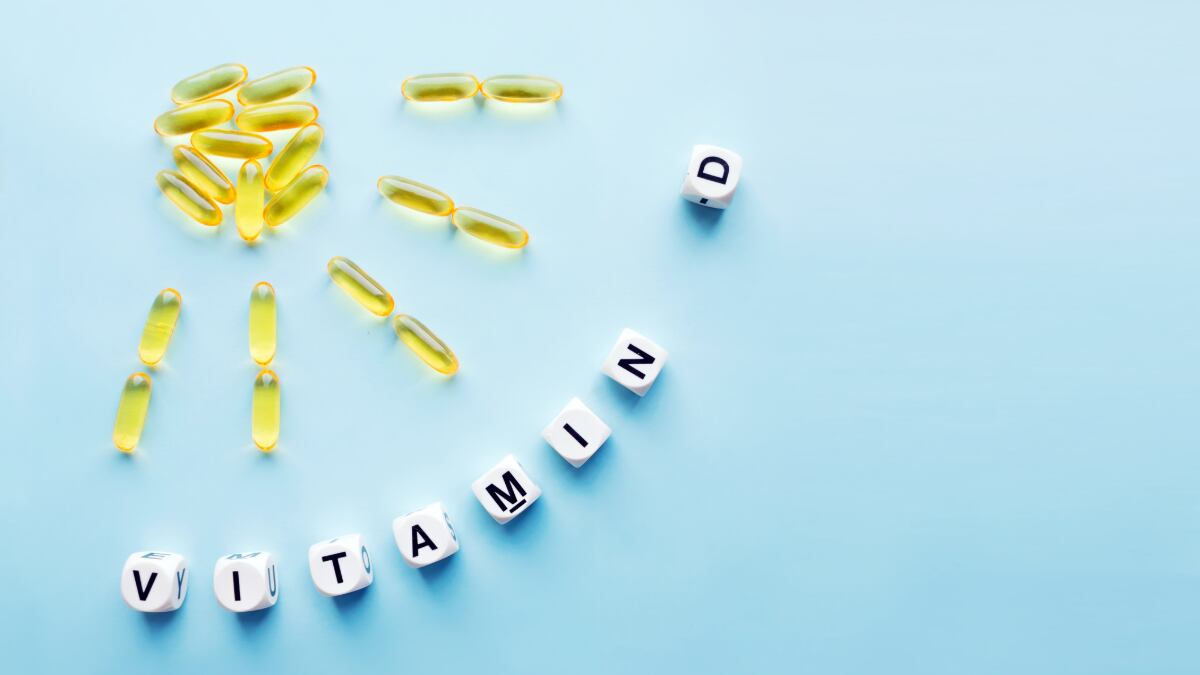Researchers at the Teikyo University School of Medicine and Jikei University School of Medicine conducted a multi-centre RCT to examine the impact of vitamin D supplementation on outcomes in hospitalised patients undergoing rehabilitation after suffering acute stroke.
The 5.5-year study (conducted from January 2012 to June 2017) involved 100 patients who had been admitted to a convalescent rehabilitation ward after experiencing an acute stroke. Every day, each patient was given either 2,000IU of vitamin D3, or a placebo.
Scoring stroke patients
The primary outcome was a rise in their Barthel Index scores after eight weeks, while secondary outcomes were in Barthel Index efficiency, hand grip strength, and calf circumference after eight weeks.
Of the 100 patients, 97 completed the study. In the supplemented group, the gain in the Barthel Index score was recorded at 14.8 to 19. In the placebo group, the gain was between 13.1 and 19.5.
The Barthel Index efficiency was 0.32 in the supplemented group and between 0.21 and 0.28 in the placebo group.
This suggested that oral vitamin D3 supplementation did not improve rehabilitation outcomes after acute stroke.
These results were inconsistent with those of previous studies, one of which had found that vitamin D-deficient stroke patients who had received a single intramuscular injection of vitamin D showed improvements in terms of the Scandinavian stroke scale score after 12 weeks.
Another open-label RCT had shown that a similar injection, followed by oral vitamin D supplementation once a month and elemental calcium daily, raised the probability of survival at 24 weeks post-acute stroke in vitamin D-deficient patients.
The researchers wrote: “Although a single intramuscular injection of cholecalciferol was shown to increase serum 25-hydroxyvitamin D concentration to significantly higher levels than possible with oral supplementation in the elderly, there have been reports of an increased risk of falls and fractures after administration of a single high dose of cholecalciferol.
“Therefore, for safety reasons, we opted to use oral supplementation in our study. There were no withdrawals because of compliance problems in the study, suggesting that oral vitamin D3 supplementation is well-tolerated in post-acute stroke patients.
“In contrast with the previous RCT treatments of acute stroke, we focused on the post-acute phase. Current concepts of biological recovery after stroke suggest a narrow window of opportunity to encourage brain plasticity and repair, so early vitamin D supplementation may make an important contribution to recovery in these patients.”
Limitations and recommendations
They added that the current study’s major limitation was that the patients’ serum 25(OH)D levels had not been measured, which means patients without vitamin D deficiency may have been included in the results.
However, previous studies had reported that almost all senior patients undergoing rehabilitation from stroke were vitamin D-deficient, hence the researchers providing supplementation without first measuring the patients’ serum 25(OH)D levels.
They further stated that the study was limited by its small sample size, making it difficult to detect more subtle effects of vitamin D supplementation on the patients.
Additionally, only one vitamin D dosage was compared with the placebo, whereas they could have achieved different outcomes using different regimens, such as larger doses and longer treatment duration.
The relatively short observation period of eight weeks also meant they had no way of determining the long-term effects of low-dose oral vitamin D supplementation, or the role of the intermittent use of low-dose vitamin D on post-acute stroke patients.
In conclusion, they wrote: “In this study, oral vitamin D supplementation did not improve rehabilitation outcomes in post-acute stroke patients. Therefore, the use of oral vitamin D supplementation to improve the ability to perform activities in daily life in post-acute stroke patients is not supported.”
Source: Nutrients
http://dx.doi.org/10.3390/nu11061295
“Vitamin D Supplementation and Post-Stroke Rehabilitation: A Randomized, Double-Blind, Placebo-Controlled Trial”
Authors: Ryo Momosaki, et al.




